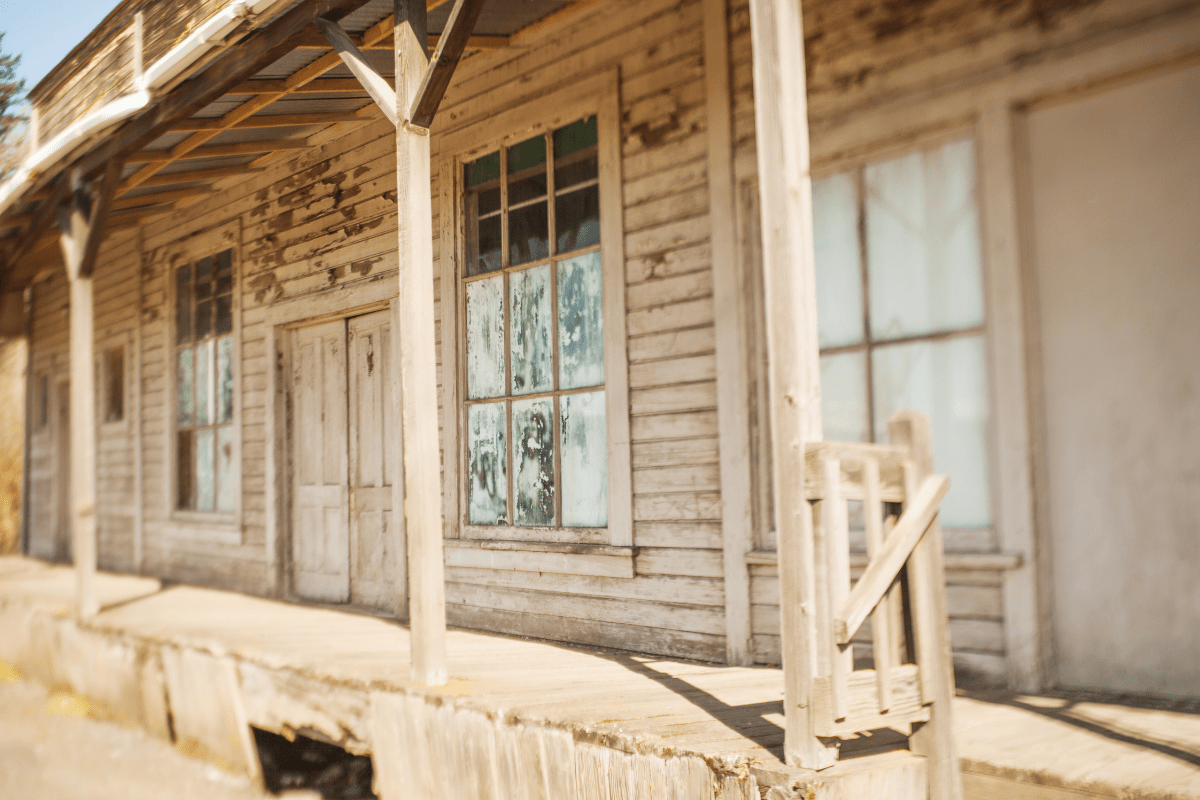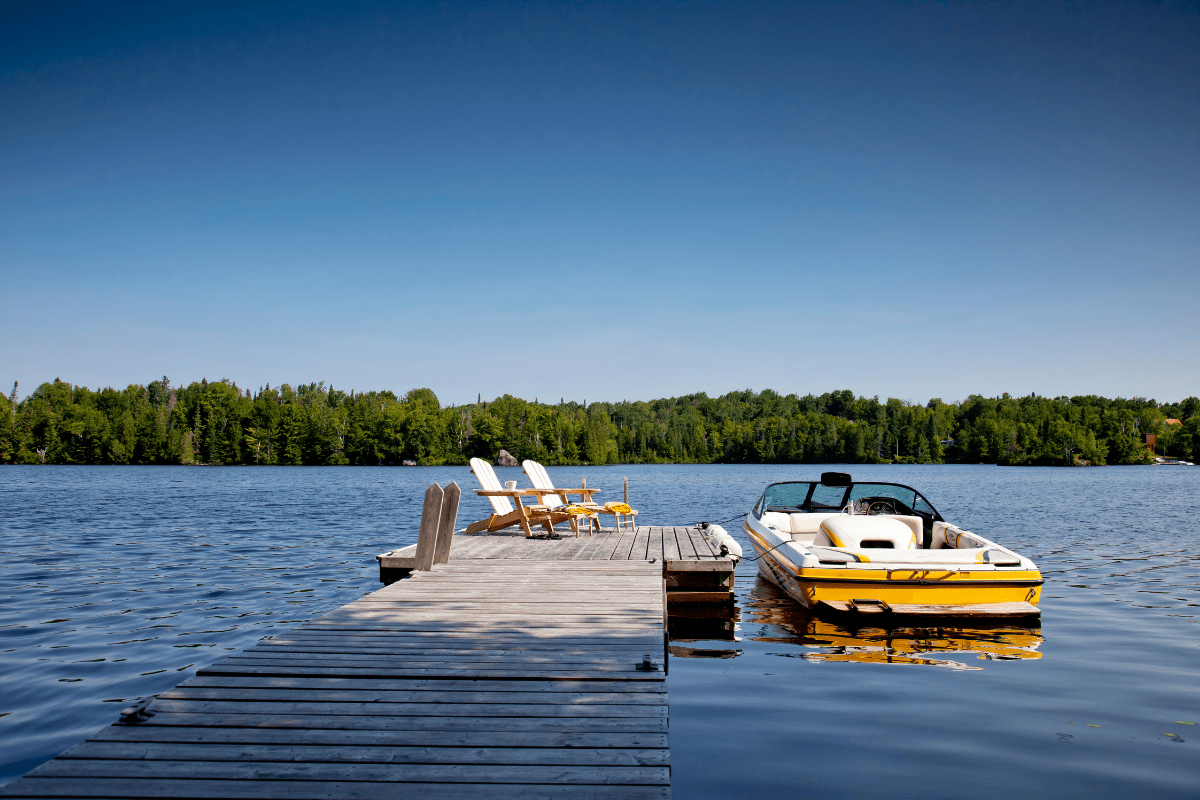Moving to Florida with kids involves more than picking a spot near Disney World and calling it a day. Between hurricane insurance that costs more than your car payment and school districts that range from stellar to "maybe homeschooling isn't so bad," choosing the right city requires actual research… not just dreams of year-round pool weather.
The education champions (because good schools matter more than beach proximity)
Let's start with the educational heavy hitters, since most parents care more about test scores than tan lines. Florida surprised everyone when 71% of schools earned A or B grades in 2024. That's like finding out your teenager actually cleaned their room without being asked.
Sarasota County: Where smart kids go to get smarter
Sarasota County clinched the number one spot for Florida school districts in 2024, serving nearly 44,000 students across 62 schools. Their crown jewel, Pine View School for the Gifted, consistently ranks as the state's top high school… basically the Hogwarts of Florida, minus the magic but with equally competitive admissions.
What makes Sarasota special isn't just one standout school. The district landed 15 high schools on U.S. News's "Best" list in 2024. That's like having a whole basketball team of valedictorians instead of just one show-off kid.
Of course, excellence comes with a price tag. Median home prices hover around $400,000, and you'll need to budget for hurricane insurance that might make you cry a little. The city also ranks 61st for safety among Florida cities, with residents facing a 1 in 27 chance of becoming crime victims. Not terrible, but maybe don't leave your garage door open all day.
For culture lovers, Sarasota delivers hard. More art galleries and theaters per capita than any other Florida city, plus Siesta Key Beach, which keeps winning "America's Best Beach" awards like it's trying to make other beaches feel bad. The Sarasota Memorial Health Care System employs over 8,000 people, so at least you know there's a good hospital nearby when your kid inevitably tries to pet a jellyfish.
St. Johns County: The overachiever nobody talks about
Northeast of Orlando sits St. Johns County, Florida's second-best school district that somehow flies under everyone's radar. They've maintained an "A" rating every single year since 2010, which is longer than most people keep their gym memberships.
The numbers here are genuinely impressive:
- 95% graduation rate
- 76% math proficiency
- 72% reading proficiency
- 21:1 student-teacher ratio
- 51,434 happy (hopefully) students
Historic St. Augustine anchors the county, but modern developments like Nocatee attract families who want new construction without Orlando prices. The Ponte Vedra area boasts median household incomes of $124,556, which explains all the Range Rovers in the school pickup line.
Located less than an hour from Jacksonville, families get big-city job opportunities while maintaining small-town safety. Plus, you're close enough to visit the nation's oldest city whenever you need to trick your kids into learning history by calling it a "fun day trip."
Urban centers that (mostly) work for families
Some families need more than good schools and quiet streets. They want culture, job diversity, and restaurants that don't close at 8 PM. Florida's urban areas deliver these amenities, though you'll need to choose your neighborhoods as carefully as you choose your hurricane deductible.
Tampa Bay: Where St. Pete finally gets its due
St. Petersburg snagged the title of Florida's top family city according to Storage Café's 2024 study, ranking 17th nationally. The city's park system ranks first statewide, probably because they realized kids need somewhere to burn energy that isn't your living room.
The broader Tampa Bay region offers everything from urban lofts to suburban McMansions in places like Westchase and New Tampa. Pinellas County Schools earned their first-ever "A" rating in 2023-2024, proving that beach towns can actually educate children, not just teach them to surf.
Financial realities in the Tampa Bay area:
- Median household income: $72,603
- Cost of living: 19% above national average
- Median home price: $395,000 (down 5.5% year-over-year)
- Healthcare: BayCare's network includes 16 hospitals
Tampa's crime rate of 21 per 1,000 residents improves significantly in South Tampa, Westchase, and Hyde Park. Skip East Tampa and Sulphur Springs unless you enjoy explaining to your insurance company why your car keeps disappearing.
The region's 244 miles of shoreline mean you're never far from water, which is great until your toddler develops an obsession with collecting every shell on the beach. Downtown Tampa's Riverwalk connects museums, parks, and restaurants, creating a walkable area where families can actually walk… revolutionary for Florida.
Orlando: Mickey Mouse and so much more
WalletHub crowned Orlando as Florida's best city for families in 2025, primarily due to "family fun" scores that no other city can touch. Yes, having two major theme parks helps, but Orlando offers more than just overpriced turkey legs and character breakfasts.
The metro area contains nearly one-third of Florida's 1,200+ new construction communities, meaning you can probably find a house that doesn't have that special 1970s Florida smell. Orange County offers solid schools in suburban areas, while nearby Seminole County frequently tops district rankings.
Theme park proximity creates interesting dynamics. Florida resident discounts make annual passes almost reasonable, and the tourism economy provides diverse jobs beyond "person in mouse costume." Major employers include healthcare networks and a growing tech sector, with unemployment hovering around 3.2%.
Orlando's 44 crimes per 1,000 residents requires careful neighborhood selection. Stick to Winter Park, Winter Garden, or Dr. Phillips unless you want your Ring doorbell to capture more action than a Marvel movie. These suburbs offer walkable downtowns and decent schools without the downtown drama.
Small cities that punch above their weight
Not everyone wants urban energy or suburban sprawl. Some families prefer communities where people actually wave hello and the biggest traffic jam involves school pickup lines. Florida's smaller cities deliver charm without sacrificing quality.
Parkland: Where everyone's kid is above average
Parkland consistently ranks as Florida's top small city for families, though "small" is relative when median household incomes hit $188,544. With average home prices at $1,077,923, this Broward County enclave isn't for bargain hunters.
What you get for those prices:
- Marjory Stoneman Douglas High: 99% graduation rate
- Free ACT/SAT prep for all students
- Park Trails Elementary: 80% proficiency rates
- Population of 35,000 who all seem to know each other
Nine parks dot the city, anchored by Pine Trails Park, Broward County's premier recreational facility. The amphitheater hosts monthly concerts where parents pretend to enjoy their kids' performances while secretly checking work emails.
Strategic location via the Sawgrass Expressway puts Fort Lauderdale, Miami, and Boca Raton within 15-20 minutes. You'll pay tolls that add up faster than your kids outgrow shoes, but at least the commute is manageable.
Winter Park: Orlando's classy cousin
Just northeast of Orlando, Winter Park offers culture without Parkland prices. With median homes at $449,047, it's like finding designer clothes at Target prices… still not cheap, but more achievable.
The city earned a 9.2/10 quality score from Best Places, with crime rates well below state and national averages. Orange County schools here include multiple Blue Ribbon elementary schools and three Gold Star high schools, proving you don't need Parkland prices for quality education.
Winter Park's cultural sophistication surprises visitors. The Morse Museum houses the world's largest Tiffany collection, Rollins College adds academic prestige, and 70+ parks provide green space. The Park Avenue shopping district features 140+ shops and restaurants where you can pretend you're in Europe if you squint and ignore the Florida license plates.
Venice: The beach town that time forgot (in a good way)
Sandwiched between Sarasota and Fort Myers, Venice emerged as a family favorite without most people noticing. Part of Sarasota County's top-rated district, this "Shark Tooth Capital" offers homes from $360,000-600,000 depending on your proximity to sharks… er, beaches.
Venice's safety statistics impress:
- Crime rate 36.7% below national average
- 1.23 violent crimes per 1,000 residents
- Ranked Florida's 19th safest city
- 51 officers for 25,000 residents
Beyond hunting prehistoric shark teeth (which becomes an obsession for kids and adults alike), Venice offers 15 parks, extensive bike trails, and a historic downtown with Mediterranean architecture that makes you wonder if someone got confused about which Venice they were building.
The stuff nobody mentions until it's too late
Before you pack up and head south, let's discuss the realities of Florida living that Instagram doesn't cover. These factors can make or break your family's happiness faster than a category 5 hurricane.
Hurricane roulette: Location matters more than you think
Geography dramatically affects your hurricane anxiety levels. The Panhandle has seen 66 hurricanes since 1851, while Northeast Florida around Jacksonville experienced only 26. Inland cities like Orlando, Gainesville, and Ocala rank safest, sitting far enough inland that storm surge becomes someone else's problem.
Insurance costs follow risk patterns precisely. Coastal properties require windstorm and flood coverage that might exceed your mortgage payment. One Orlando versus Tampa comparison showed thousands in annual savings just from being 60 miles inland. Newer construction meeting post-Hurricane Andrew codes offers better protection, though nature always bats last.
School disruptions from hurricanes affect more than just academics. Districts improved virtual learning since 2020, but multi-week closures still happen. Smart families maintain:
- Backup childcare plans
- Flexible work arrangements
- A healthy hurricane supply fund
- Lower expectations from June through November
School calendars: Traditional versus "innovative"
Most Florida districts follow traditional August-to-May calendars, but some experiment with year-round education. Brevard County's Rawlings Elementary tests a 45-15 model: 45 days learning, 15 days off, repeat until everyone's confused about what month it is.
Year-round school pros:
- Less summer learning loss
- Consistent childcare needs
- Teachers report less burnout
- More frequent mental breaks
Year-round school cons:
- Vacation planning nightmare
- Limited summer camp options
- Teen job complications
- Explaining the schedule repeatedly
Making the choice (without losing your mind)
Tim Weisheyer, 2025 Florida REALTORS President, notes the market entered "normalization" after pandemic chaos. Translation: Prices stopped increasing 20% monthly, and you might actually win a bid without offering your firstborn.
Dr. Brad O'Connor, Chief Economist at Florida Realtors, confirms inventory increases have "helped slow price growth," meaning patience might actually pay off for once.
Here's your decision framework:
For academic excellence: Sarasota or St. Johns counties lead with top districts and strong community support. Your kids might actually thank you someday.
For urban amenities: Tampa Bay combines job diversity, cultural attractions, and improving schools. St. Petersburg specifically offers the best park system in Florida.
For theme park proximity: Orlando provides unmatched entertainment with growing suburban options. Just budget for annual passes and therapy for when your kids melt down at Magic Kingdom.
For small-town charm: Winter Park, Venice, or Parkland offer different price points with excellent quality of life. Choose based on your mortgage pre-approval letter.
For hurricane avoiders: Stick to inland cities like Orlando or Gainesville. You'll miss beach sunsets but sleep better during storm season.
Florida allocated a record $28.4 billion for education in 2024-2025, with $8,959 per student. Nearly 1,300 schools earned "A" grades, proving the state takes education seriously… when it's not arguing about textbooks.
Combined with no state income tax, year-round outdoor activities, and communities ranging from beach towns to urban centers, Florida offers legitimate opportunities for families. Just remember: The perfect city doesn't exist, but the right one for your family does. It's probably the one where you can afford both the house and the hurricane insurance while still having money left for Disney tickets.
Success requires matching priorities with reality. Whether you choose Sarasota's cultural coast, St. Petersburg's urban beaches, or Parkland's suburban paradise, pick the place where your family can thrive… not just survive the humidity.





